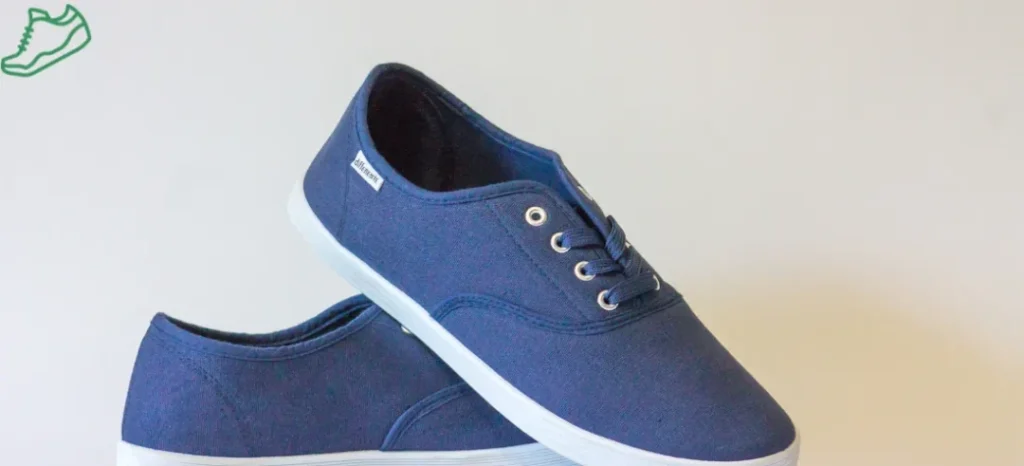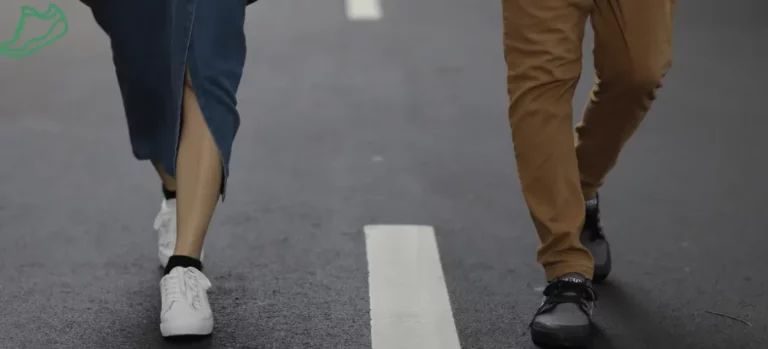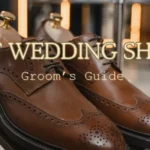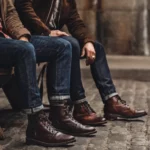Orthopedic vs diabetic shoes, there is a difference between them. Let me explain,
The orthopedic shoes are designed to provide more comfort and support for people with various foot problems, such as bunions, corns, or hammertoes. Diabetic shoes are specifically designed to prevent or treat foot problems caused by diabetes, such as neuropathy, ulcers, or infections.
Difference Between Diabetic Shoes and Orthopedic Shoes

The main difference between diabetic shoes vs orthopedic shoes is that diabetic shoes are specifically designed to prevent or treat foot problems caused by diabetes, such as neuropathy, ulcers, or infections.
Orthopedic shoes are shoes that provide more comfort and support for people with various foot problems, such as bunions, corns, or hammertoes. Not everyone who wears orthopedic shoes has diabetes.
The special features of diabetic shoes
- A protective interior that is made from soft material and has no stitching that can irritate the skin.
- Non-binding uppers that ensure that there is no pressure on the foot.
- Extra depth design that provides a pressure-free fit and can accommodate thick orthotic inserts.
- A deep toe box that provides extra room for toe movement and avoids pressure on the toes.
- Lightweight, cushioning soles that facilitate mobility and stability, and reduce impacts on the foot.
- Stretchable uppers that conform to the contours of the foot and help eliminate pressure points.
- Special orthotic insoles that provide arch support, reduce pressure on the bottom of the foot and offer good cushioning.
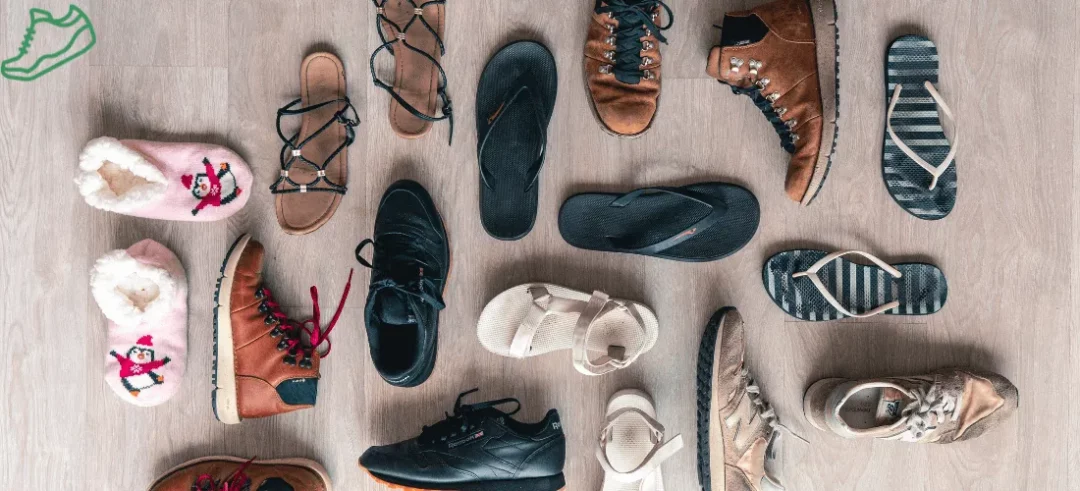
Benefits of Diabetic Shoes
- Providing better motion control
- Encourage circulation
- Preventing skin breakdown
- Preventing the formation of calluses
- Reducing the occurrence of foot problems in high-pressure areas of the foot
- Diabetic shoes may also be covered by Medicare or other insurance programs
Related Article –

Orthopedic Shoes Vs Orthotic Shoes
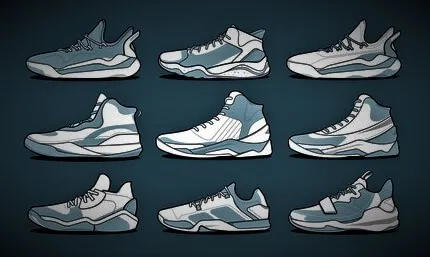

The difference between orthopedic shoes and orthotic shoes is that orthopedic shoes are shoes that provide more comfort and support for people with various foot problems, such as bunions, corns, or hammertoes. Orthotic shoes are shoes that have removable insoles that are designed to correct a pre-existing medical foot condition, such as flat feet, plantar fasciitis, or overpronation.
Benefits Of Orthopedic Shoes
Some of the features and benefits of orthopedic shoes are,
- Orthopedic shoes are sturdier, wider, and more supportive than regular shoes.
- They can reduce pain and inflammation, improve alignment and posture, enhance stability and balance, and correct deformities or abnormalities in the feet.
- They may have different shapes and styles to accommodate different foot problems. For example, some orthopedic shoes may have a wider toe box to prevent crowding of the toes, while others may have a narrower heel to prevent slippage.
- The orthopedic shoe may have different types of closures, such as laces, Velcro, or buckles.
The Shoe Guide_ 7 Proven Ways to Eliminate Odor from Smelly Shoes
Benefits Of Orthotic Shoes
Some of the features and benefits of orthotic shoes are,
- The orthotic shoes have removable insoles that are made from different materials, such as memory foam, gel, or leather.
- They can provide relief from improper foot mechanics, such as overpronation or supination.
- It can help with conditions such as plantar fasciitis, diabetes, arthritis, or temporary injury.
- They can also prevent future foot problems by providing better motion control, circulation, and support.
- It can be customized for your feet based on a mold or scan of your foot.
Both orthopedic shoes and orthotic shoes are meant to provide more comfort and protection for your feet than regular shoes.
However, they have different purposes and features depending on your specific needs and conditions. If you have any foot problems, you should consult your doctor or podiatrist about the best footwear option for you.
Latest Article >> Top 10 Comfortable Wedding Shoes For Grooms
Other Posts

